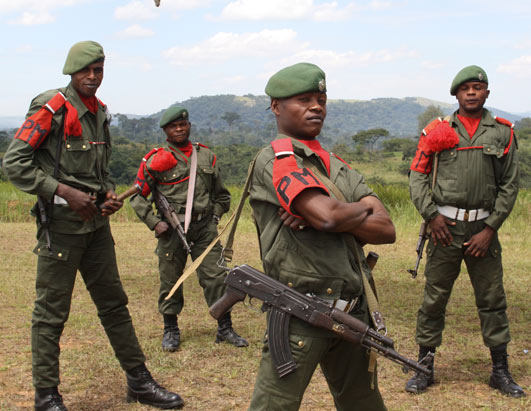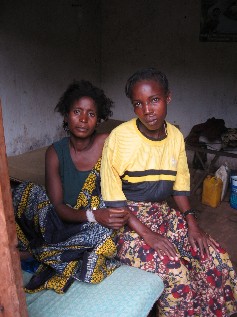By Daniel M. Austin
Impunity Watch Reporter, Africa

TUNIS, Tunisia– By Saturday morning, the ousted President of Tunisia, Zine al-Abidine Ben Ali had safely landed in the Saudi Arabian city of Jeddah. Even with the President’s departure, violent clashes between government security forces and protesters continue to take place in cities throughout Tunisia.
President Ben Ali had been the ruler of Tunisia for the past 23 years but ceded power after weeks of unrest culminating with an enormous rally in Tunis, the capital of Tunisia. The President was officially removed from power on January 14 and subsequently fled the country. News of President Ben Ali’s departure spread quickly and protesters flooded the streets to celebrate.
The power to run the government of Tunisia was transferred from Mr. Ben Ali to the Prime Minister Mohammed Ghannouchi. However, Mr. Ghannouchi held the interim presidency for only a couple of days as mob rule set in. Responding to continuing violence, the Constitutional Council dumped Mr. Ghannouchi and installed the speaker of the lower house of parliament, Mr. Foued Mebazaa as the interim President until elections can be held later this year. The Constitutional Council claims that elections for a new President will be held in six to seven months.
The political unrest that swept President Ben Ali out of power began several weeks ago. The unrest was punctuated by a university graduate, Mohamed Bouazizi, who set himself on fire in front of a government building on December 28, 2010. He was protesting working conditions and high unemployment in Tunisia. Since this incident there have been numerous demonstrations calling for the government to fix the high level of unemployment. The Tunisian government has met these acts of civil disobedience with a mix of political maneuvers, including the sacking of an interior minister along with tighter security measures. In at least one incident, security forces fired on protesters using live ammunition. Clashes between protesters and security forces have left dozens dead or injured.
In response to the worsening political situation, security forces have stepped up patrols and instituted a curfew throughout the country. The strong showing of force is an attempt to rein in the looting and violence that is occurring.
For more information, please see:
Al Jazeera — Tunisia situation volatile – 16 January 2011
BBC Africa — Tunisia: Many dead in jail unrest after Ben Ali exit – 15 January 2011
CNN International – What’s going on in Tunisia? – 16 January 2011
Reuters — Tunisia tries to form coalition, shooting on streets – 15 January 2011



